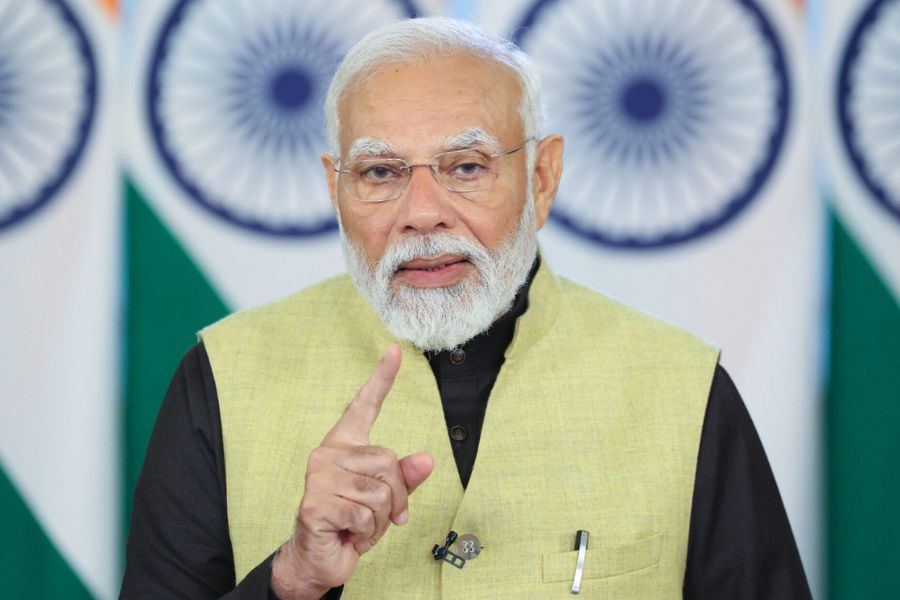Max Weber’s ‘ideal type’ can be contrasted with Pierre Bourdieu’s ‘common sense’. Weber defines the ideal type as an analytical parameter for estimating the status of social realities. He, however, does not say that the ideal type is also subjective: the ideal type is a social construct and cannot, thus, be a universal standard for estimating social change. If Weber was not Eurocentric, he would have acknowledged the role of local politics, economics, history and society as undeniable variables necessary to evaluate societal issues.
Where Weber fails, Bourdieu achieves. As a socially constructed and socially embedded framework, common sense is variable and draws heavily from local morals, collective sentiments and imaginations. Common sense, thus, deserves more adulation for its ability to understand grand ideas. Common sense is the collective imagination of the mundane. It is more useful in deconstructing social realities that would otherwise be theorised but with limited access for public communication. For example, common sense could help us understand ‘war’ as a subject through the everyday usage of terms like ‘border’ and ‘refugee’.
Born and raised in India and now living in Germany, it is fascinating for me to observe how the idea of border is socially constructed through common sense. While discussing the shifting notion of border, I realised that for my German colleagues, ‘border’ did not mean much. As an EU member state, Germans have easy access to most countries in the world. Germany’s recent ‘pacifist’ approach also means that young Germans did not grow up witnessing any major political crisis.
But for millions of Indians, including me, raised on stories of Partition, borders, displacement and forced migration, the border implies fear and family based on the common sense understanding of the term that was influenced by the prevailing social and political milieu. As a nation, we, therefore, believe that the border deserves protection, military investment, and that it spawns jingoism. The sentiment of conflict is, after all, engraved on the collective imagination of the border.
My perception of the border contradicts that of my German colleagues. For me, the border exists because the language around which I grew up is based on a shared understanding that borders affect our lives. For my German colleagues, there was no such dialogue around their border.
Interestingly, the coronavirus pandemic brought the border back into the global imagination. Before the pandemic, the Germany-France border was represented by a McDonald’s billboard: 2020 onwards, it has been replaced by check posts, long queues of cars and people. Perhaps now, my German colleagues and I share a common imagination of the border.
Russia’s attack on Ukraine has intensified conversations around borders and refugees. Western Europe has had a myopic imagination of the refugee. The common sense narrative, derived from the media, everyday conversations, political stands of the EU and popular culture, had created the myth that a refugee can never have blue eyes. For the West, the quintessential refugee is always the Other — Syrians or Afghans.
The White Western World has embraced Ukrainian refugees. Why is it not equally welcoming of refugees from Afghanistan, Palestine and Syria? The answer lies in common sense. Common sense’s perception of who is one’s own and who is not enables us to interrogate ideas of conflict, border and refugee. Unlike Weber’s ideal type, which runs the risk of definitional absolutism, Bourdieu’s common sense as a method of enquiry can examine political anecdotes and cultural hegemonies more delicately.
Amrita Datta is a Marie Curie Fellow at the University of Siegen, Germany











